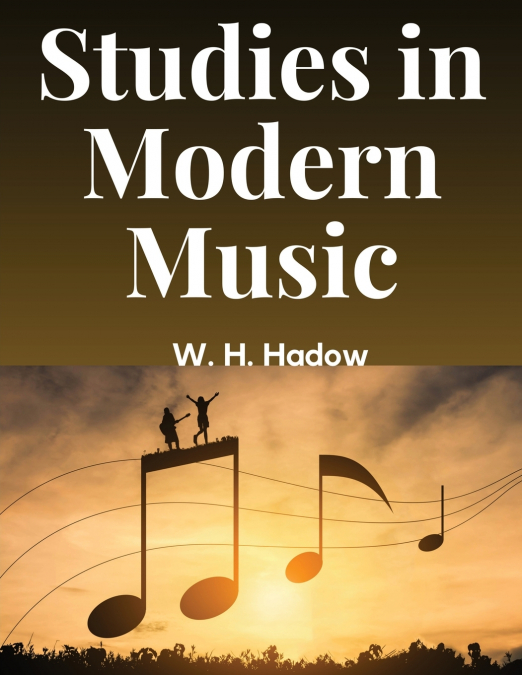
W. H. Hadow
'Studies in Modern Music' by W. H. Hadow is a notable exploration of music history, theory, and appreciation within the context of the late 19th and early 20th centuries. Published in 1893, Hadow’s work offers a comprehensive survey of the music of his time, examining both the major composers and the broader cultural and artistic movements that shaped the musical landscape.The book is structured into several sections, each focusing on different aspects of modern music. Hadow begins by discussing the historical development of music, tracing its evolution from the classical period through the Romantic era and into the contemporary period. He highlights the contributions of prominent composers such as Beethoven, Wagner, Brahms, and Debussy, as well as the emergence of new forms and styles.Hadow also delves into the theoretical underpinnings of modern music, exploring topics such as harmony, melody, rhythm, and form. He examines the innovations and experiments of composers in these areas, as well as the influence of other art forms, such as literature and painting, on musical composition.In addition to analyzing the music itself, Hadow considers the broader cultural and social context in which it was created. He discusses the impact of political and philosophical movements, such as nationalism and romanticism, on musical expression, as well as the changing role of the composer and the audience in the modern era.Throughout the book, Hadow demonstrates a keen appreciation for the diversity and richness of modern music, celebrating its complexity, innovation, and emotional power. His writing is both scholarly and accessible, making 'Studies in Modern Music' valuable to both musicians and general readers interested in understanding the art form in its historical and cultural context.